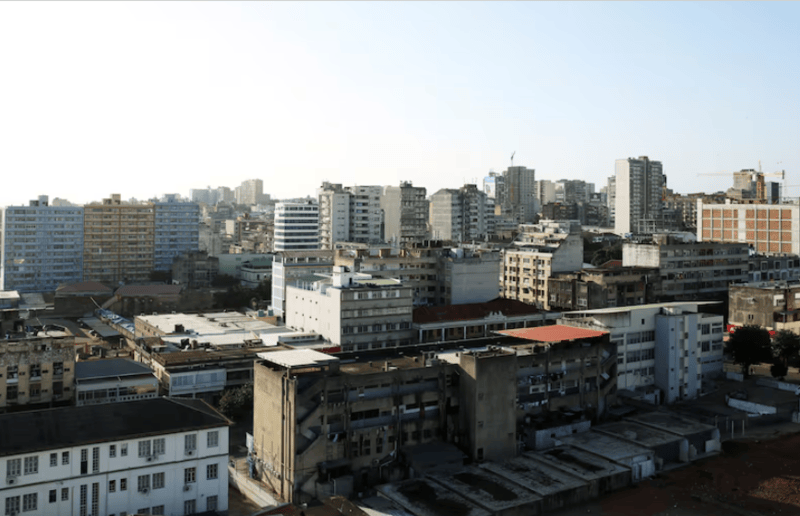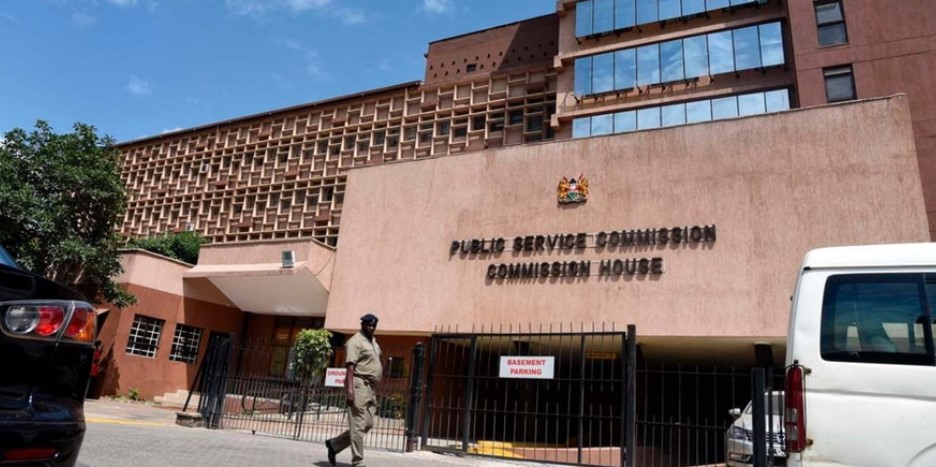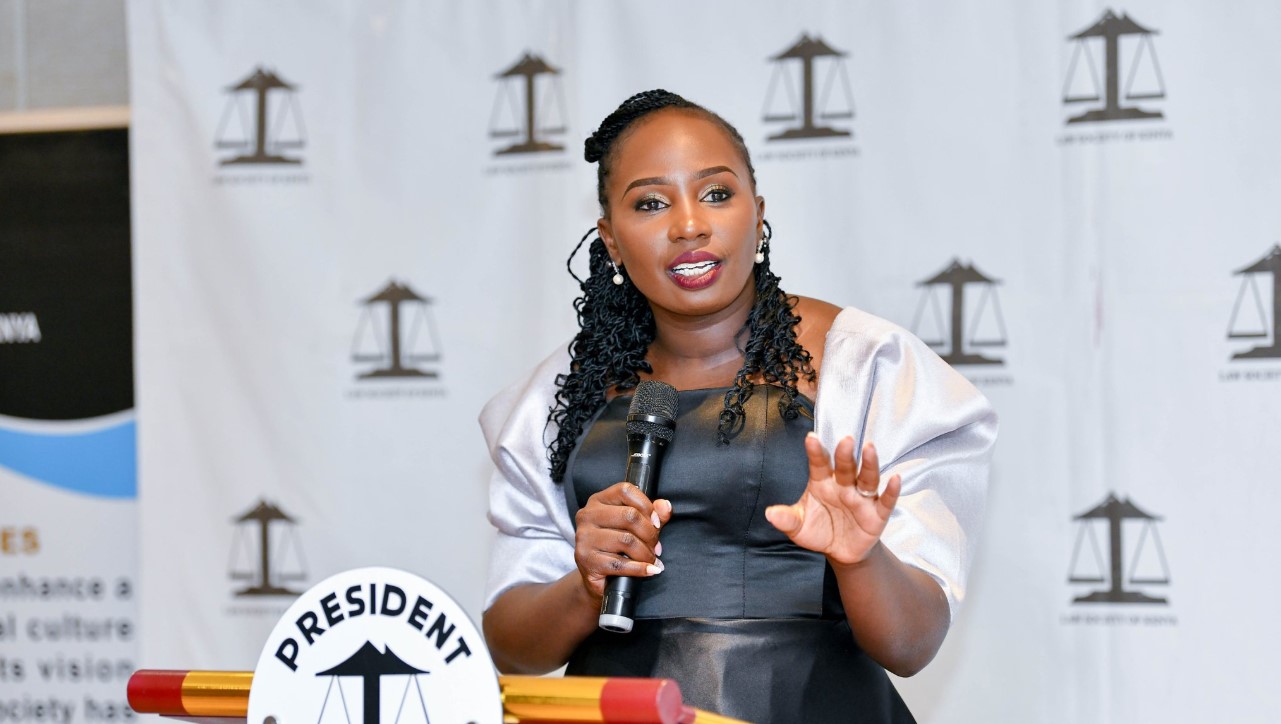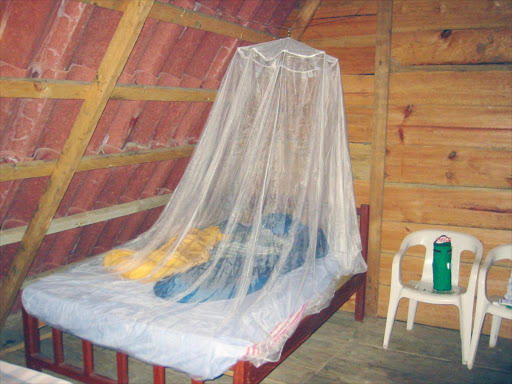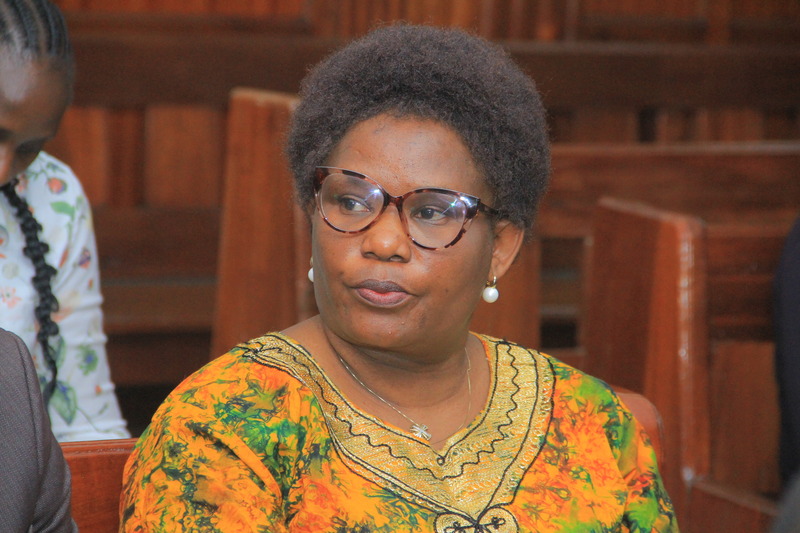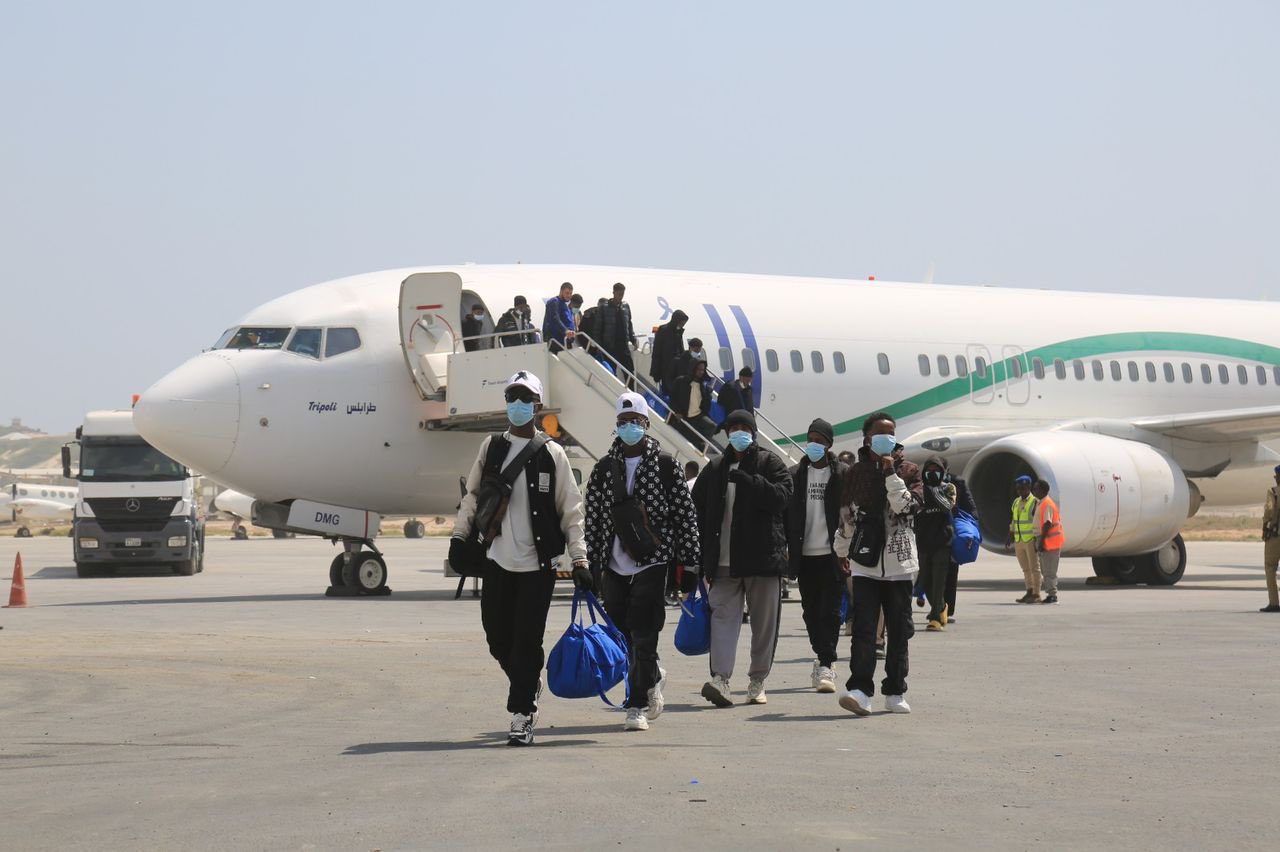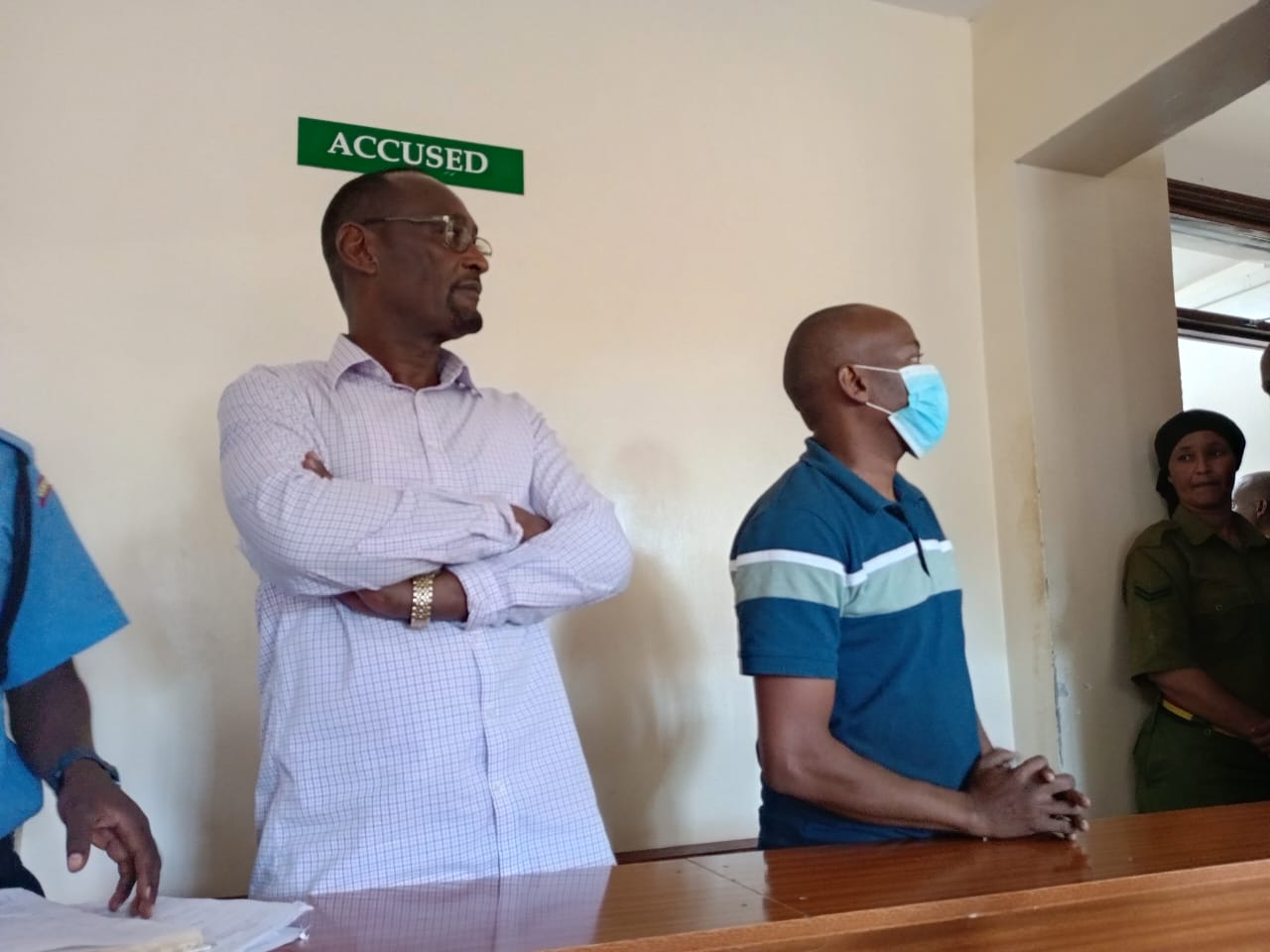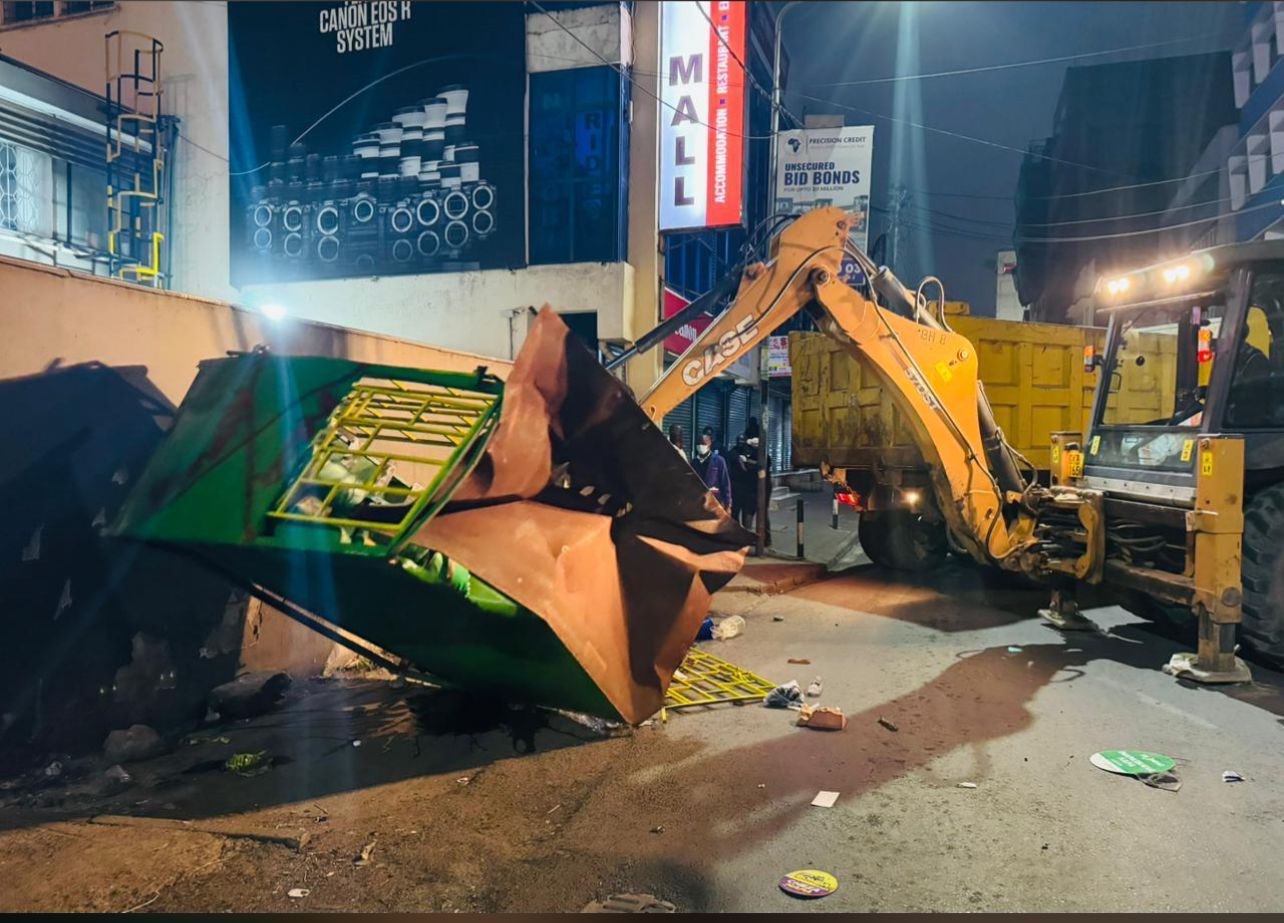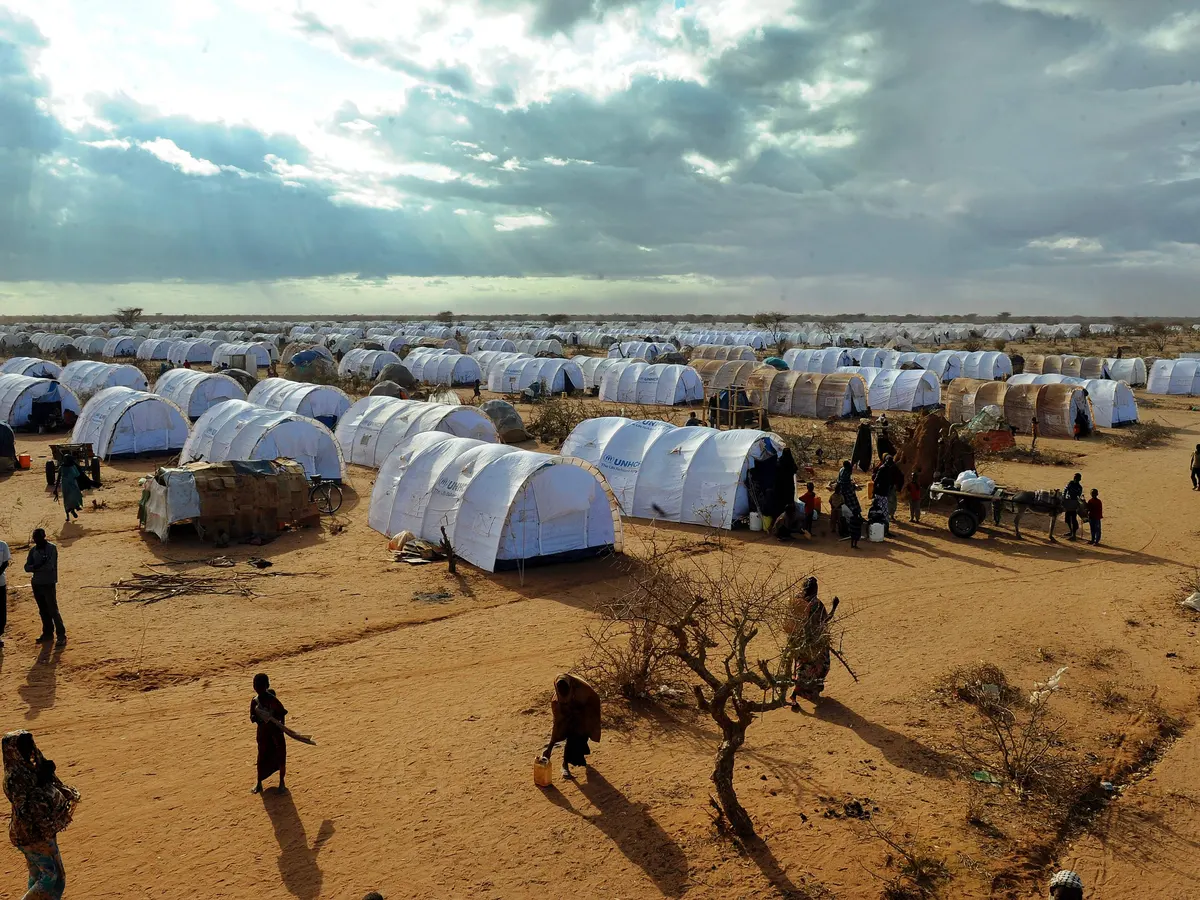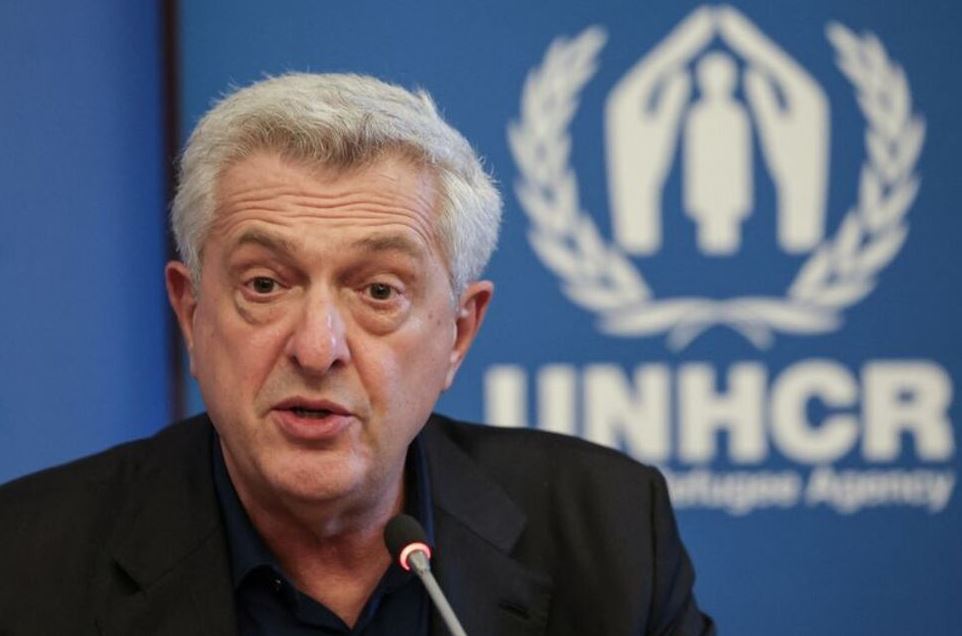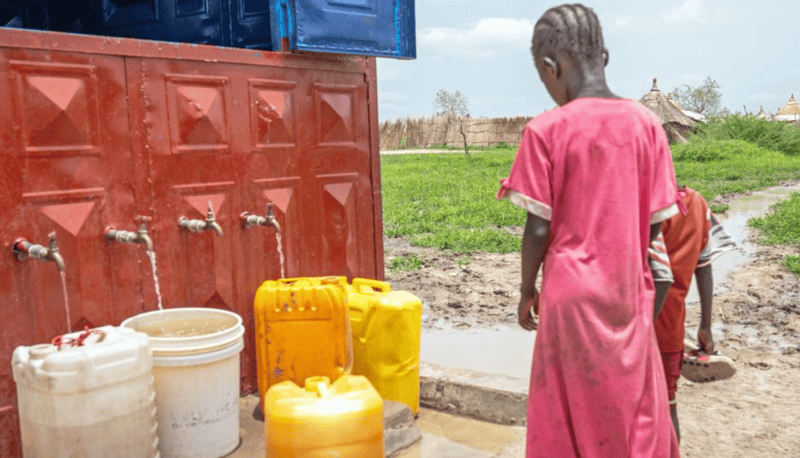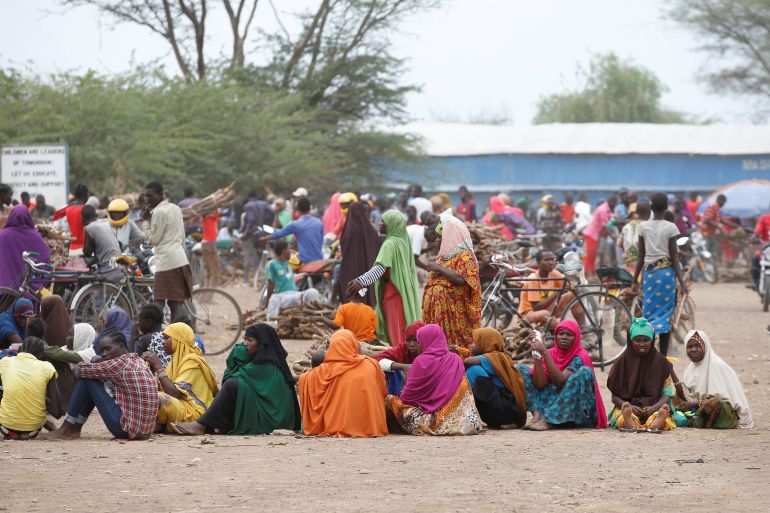Refugees or Kenyan citizens? The long, winding search for national identity
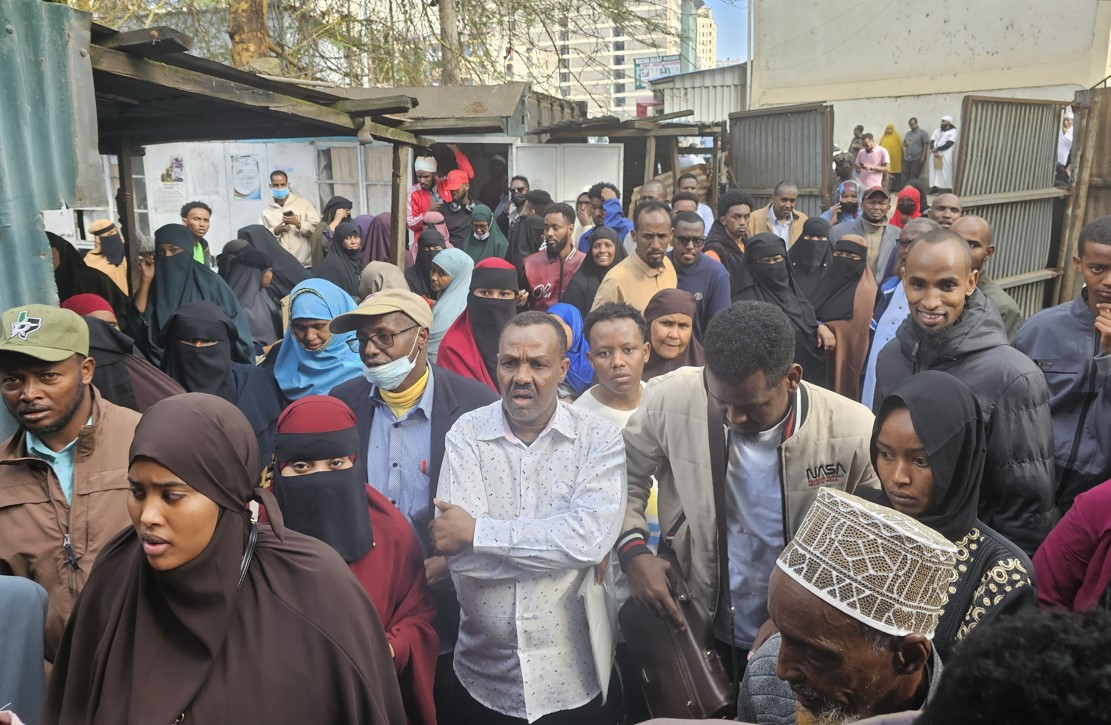
By Mary Wambui |
Young people seeking to get IDs find themselves registered both in the UNHCR data base and is in the Kenyan one, making it hard for them to get the national document.
After finishing his high school education in 2018, an excited Aden Farah took up the next assignment — that of starting the process of acquiring the national identity card, just like a majority of Form Four leavers in Kenya do after reaching the age of 18.
To Aden, a resident of Garissa, the prospect of owning an ID was a source of pride and joy.
Keep reading
- Over 33,000 refugees to benefit from community integration initiatives in Djibouti
- Thousands of refugee children in Egypt left out of school, HRW reports
- MPs demand state intervention to forestall a potential refugee management crisis
- Refugees decry lack of adequate climate funding in most vulnerable regions
But his joy was quickly cut short after he went through his first stage of vetting. He was turned away and was not allowed to complete the process as he was found to be “double registered”.
“I was not aware that I had been double registered. I was told I had been listed in the United Nations Refugee Agency’s database and in the Kenyan one, and that was it for me,” he said.
Unperturbed, he made a second attempt but faced the same hurdle.
“In 2019, the government kicked off a process of legally registering persons whose both parents were Kenyans and I took advantage of that to make the third attempt at getting a national ID,” he said.
The vetting was long and after four years, in June last year, Aden was finally called to pick up his national ID.
Aden told The Eastleigh Voice that in the years he spent waiting for the ID, he missed out on job and travel opportunities that would have given his life a turn for the better.
He recalled how he missed the opportunity to be a nominated MCA to represent people with special needs just, because he did not have an ID at the time.
 Vetting exercise for double-registered persons at the Chief's office in Eastleigh on February 28, 2024. (Photo: Abdirahman Khalif/EV)
Vetting exercise for double-registered persons at the Chief's office in Eastleigh on February 28, 2024. (Photo: Abdirahman Khalif/EV)
He said that the value of the ID is so highly placed in society that he has been in situations where his other documents did not matter so long as he did not have that single document.
“Life is now smooth. I no longer experience hurdles wherever I go. I have decided that when I marry, the first thing I will do is to get my child a birth certificate because I have seen many suffer for lack of it, especially in situations where both parents have no IDs. I do not want my children to ever suffer like I did,” he said.
Double-registered persons
Towards the end of last month, the government started a fortnightly vetting for double-registered persons to assist them acquire national IDs.
This will cover Nairobi, Mombasa, Marsabit, Wajir, Garissa, Nakuru, Turkana, Mandera and Tana River counties. This is an extension of the first phase of vetting that began in March last year.
Aden’s story mirrors those of many young people in northern Kenya, Eastleigh and coastal areas whose struggles for an ID have been long and hard.
According to Garissa-based Haki na Sheria Initiative, a non-governmental organisation, about 40,000 Kenyans are still registered in the refugee database, making them miss out on various government services. They are known as victims of double registration.
To prevent an influx of refugees and illegal immigrants from other countries, the government has for years strictly vetted residents of northern Kenya seeking national IDs.
Since the early 1990s, Kenya has hosted refugees from neighbouring countries including Somalia, South Sudan and Ethiopia, some of whom have since integrated into the communities around their camps, becoming what Haki na Sheria calls “an integral part of the country’s rich cultural heritage, yet Kenya’s laws prevent them from registering for citizenship, leaving them in a perpetual state of limbo”.
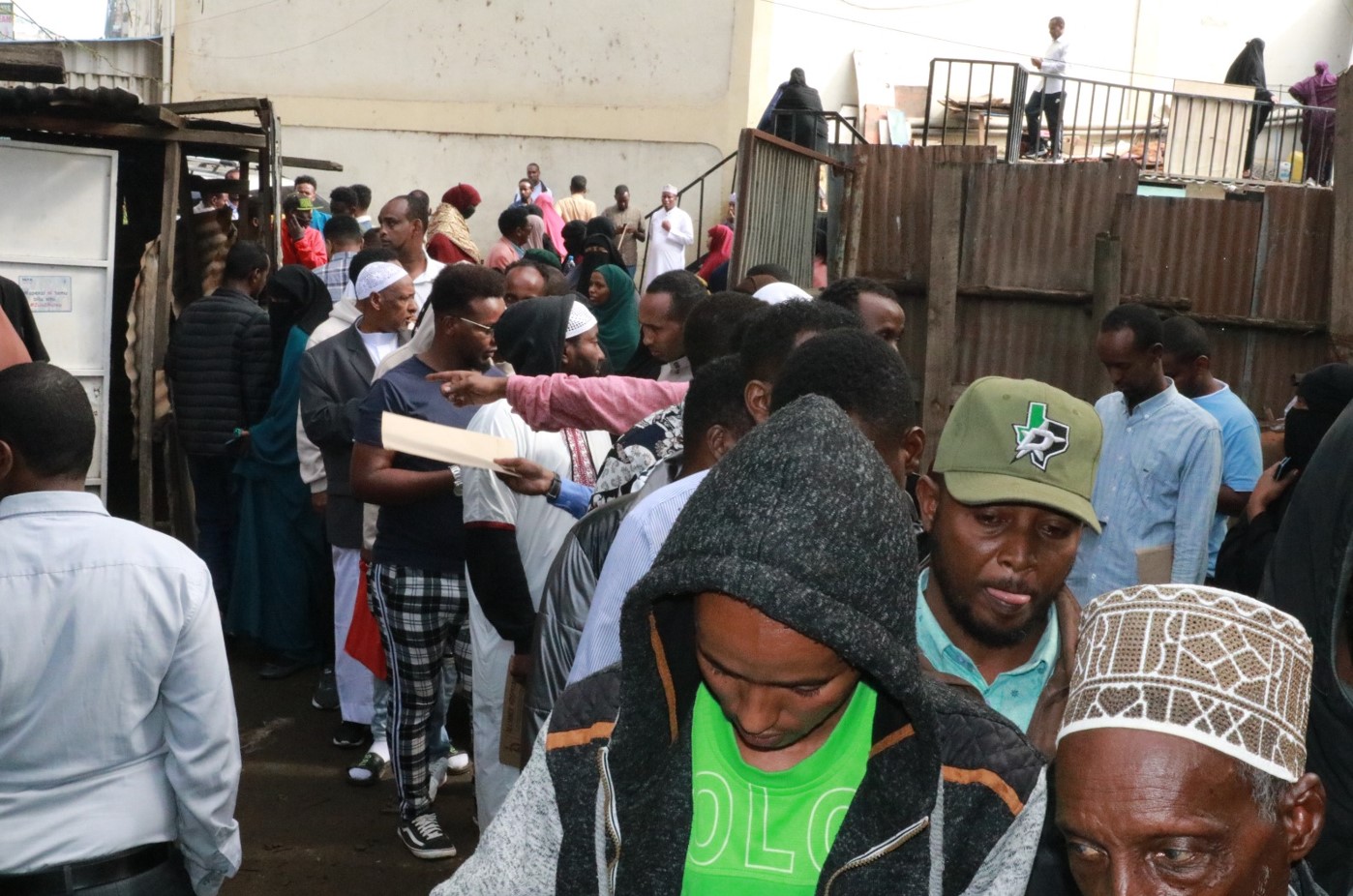 Residents of Eastleigh, Nairobi, are pictured at the chief's office on February 29, 2024, seeking deregistration from the United Nations High Commissioner for Refugees (UNHCR) database. (Photo: Amin Abdullahi/EV)
Residents of Eastleigh, Nairobi, are pictured at the chief's office on February 29, 2024, seeking deregistration from the United Nations High Commissioner for Refugees (UNHCR) database. (Photo: Amin Abdullahi/EV)
“Because they are fleeing violence, refugees are not able to enter Kenya and be registered in the same way as other foreign nationals. Yet, the government specifically requires refugees who are spouses of Kenyan citizens to provide documents that are not ordinarily available to refugees, in violation of the constitution,” says Haki na Sheria’s programmes manager Haretha Bulle.
Last year, the NGO filed a petition at the Garissa High Court seeking to have refugees who have been married to Kenyans for over seven years and who are denied the right to acquire Kenyan citizenship through marriage be freed from administrative barriers that hinder their right to apply for citizenship.
The petition follows another one filed in November 2022 that questions the legality of the government’s decision to deny Kenyan citizenship status to children born to a Kenyan married to a refugee.
Four months ago, Immigration Permanent Secretary Julius Bitok said the upcoming Maisha Namba, Maisha Card and Maisha Digital ID will be consolidated into one population register to be known as the Maisha Integrated Database which will negate vetting for issuance of identity cards.
“This will revolutionise inclusivity for marginalised communities through voiding the need for vetting,” said the PS.
However, some human rights agencies argue that the new digital ID will also discriminate against persons from marginalised communities that have no access to power, the internet and money.
On its part, the Nubian Rights Forum has called on the Ministry of Interior to develop a transition trajectory, prioritise those who lack documentation, and guarantee their inclusion by ensuring they are issued with identity documents before the project is implemented.
Reader comments
Follow Us and Stay Connected!
We'd love for you to join our community and stay updated with our latest stories and updates. Follow us on our social media channels and be part of the conversation!
Let's stay connected and keep the dialogue going!

